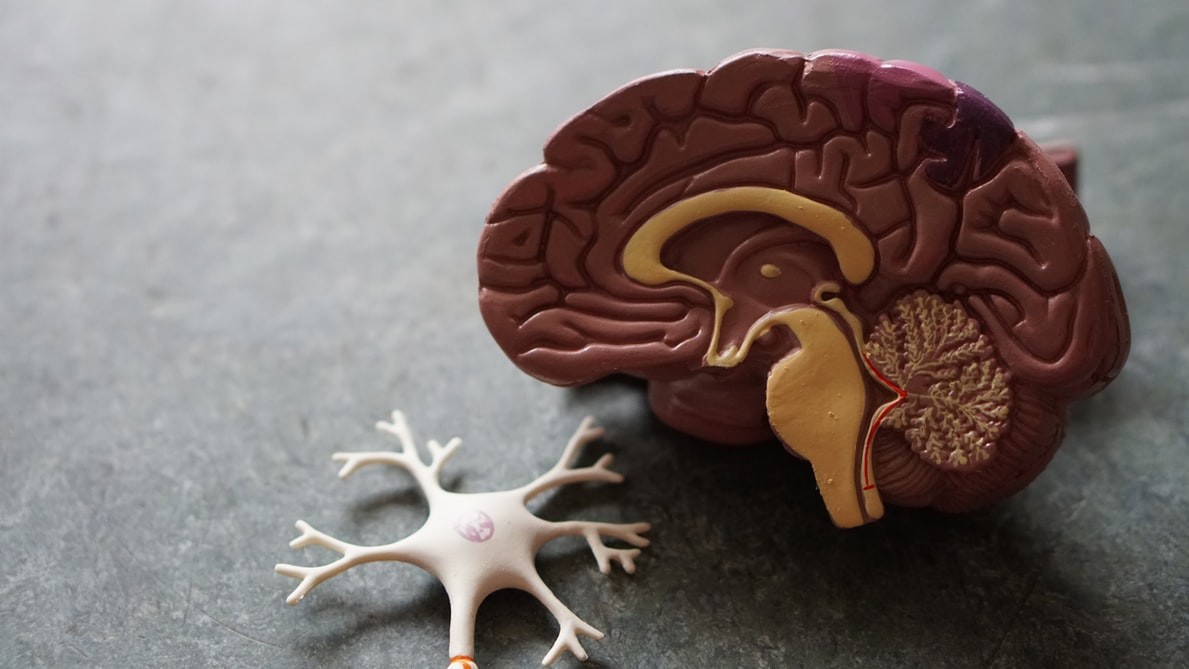
WVXU: Does a key Alzheimer's study contain fabricated images?
A theory on what causes Alzheimer’s disease has been called into question following a recent investigation by Science Magazine that found potential image manipulation in a key 2006 study. The influential study popularized the “amyloid hypothesis” that Alzheimer’s disease is caused by sticky amyloid plaques in the brain.
The University of Cincinnati’s Alberto Espay, MD, professor of neurology in UC’s College of Medicine and a UC Health physician, has been outspoken in his questioning of the theory for years, noting that every subsequent study has disproven the amyloid hypothesis, despite nearly 2,300 articles citing the 2006 study and approximately $287 million in federal funding supporting this line of research.
Espay joined Charles Piller, author of the Science Magazine investigation, on WVXU's Cincinnati Edition to discuss the controversy and the future of Alzheimer's research.
"By the age of 85 years, which is in a normal lifespan, 60% of us will have these amyloid plaques, and yet only 10% of us will have dementia," Espay told Cincinnati Edition. "So that’s prevalence five times lower than predicted if amyloid were toxic."
Espay argues that amyloid plaques are a “consequence, not a cause” of Alzheimer’s disease. Cognitive impairment, he said, could be due to a decline in levels of a specific brain protein called amyloid-beta peptide, which then leads to the accumulation of amyloid plaques in the brain.
"My hope would be that this would be the greatest incentive that we needed to take on in order to revisit what is it that we used as the reason for which Alzheimer’s appears," Espay said. "It’s really overdue for a complete revisitation, and we need to think about our patients because they really need for us to not just simply be connected to an idea just because it’s compelling."
Listen to the Cincinnati Edition segment.
Dr. Espay also spoke about this topic on 55KRC's Simply Medicine radio show and podcast. Listen to the Simply Medicine segment. (Note: Segment begins around 1:25 mark.)
Read more about Espay’s research and alternative hypothesis for the cause of Alzheimer’s disease.
Featured photo at top courtesy of Unsplash.
Related Stories
Bradford pear trees look pretty, smell awful. Why are they...
April 2, 2025
WLWT talks to UC biology Professor Theresa Culley about Ohio's ban on the sale or planting of nonnative and invasive pear trees. The trees are showing up in many parks and wild areas where they are crowding out native species.
Bird-safe glass added to UC building
April 2, 2025
UC biologist Ronald Canterbury tells Fox19 that bird-safe glass in buildings can save untold numbers of birds.
UC Honors students gain hands-on research experience
April 1, 2025
The Biomedical Research and Mentoring Program is open to any University Honors Program students. The faculty mentors are typically from UC’s College of Medicine or Cincinnati Children's Hospital.
